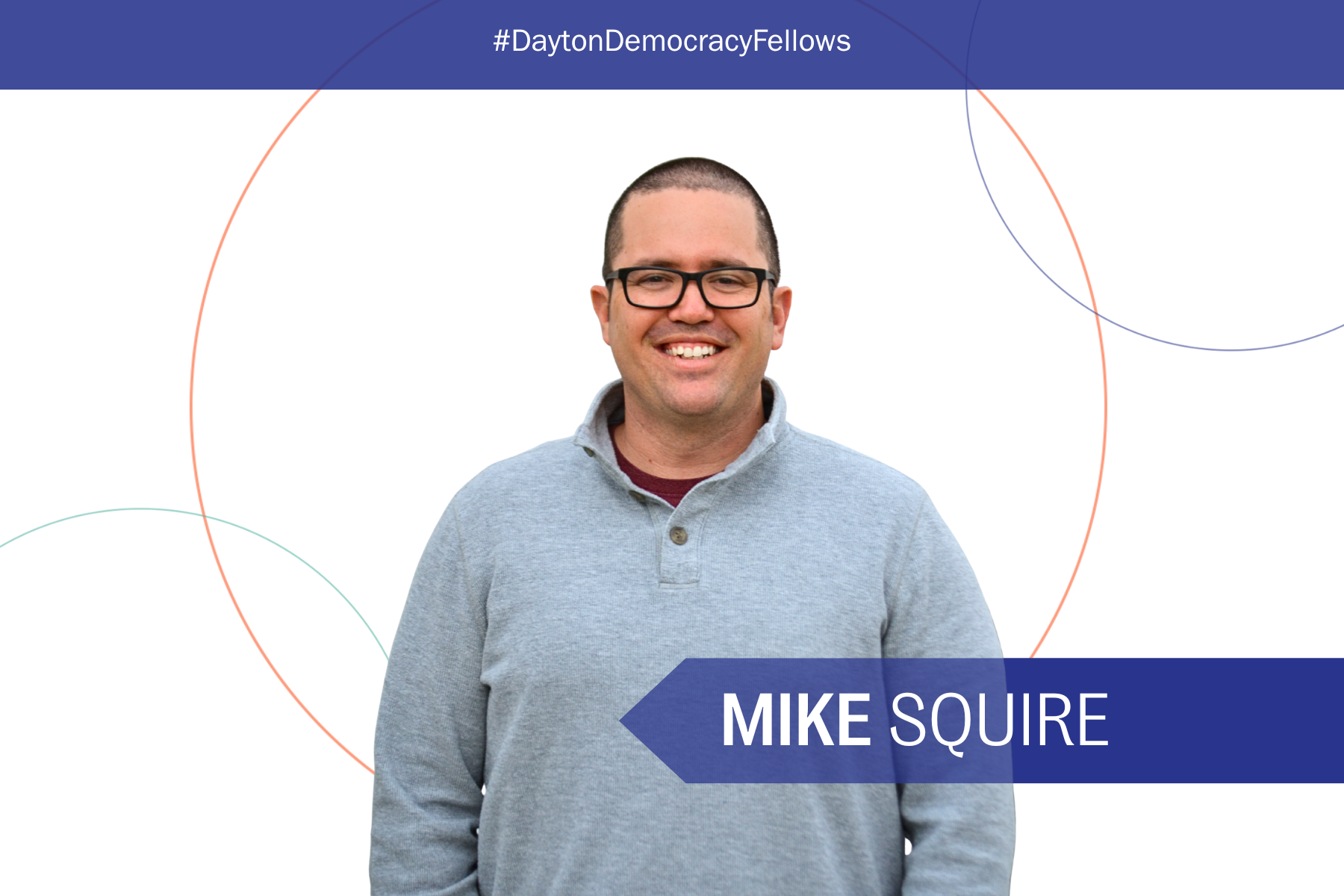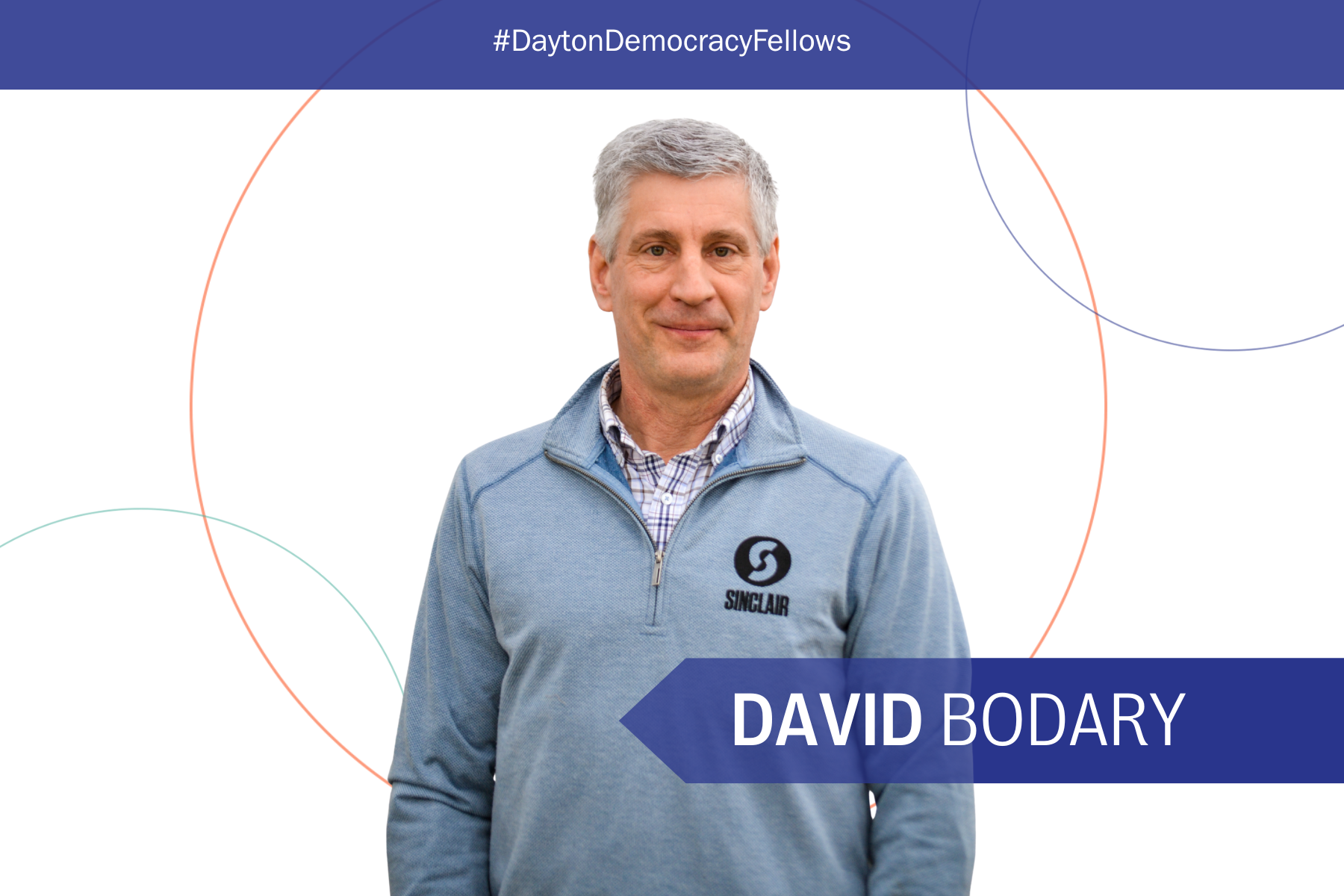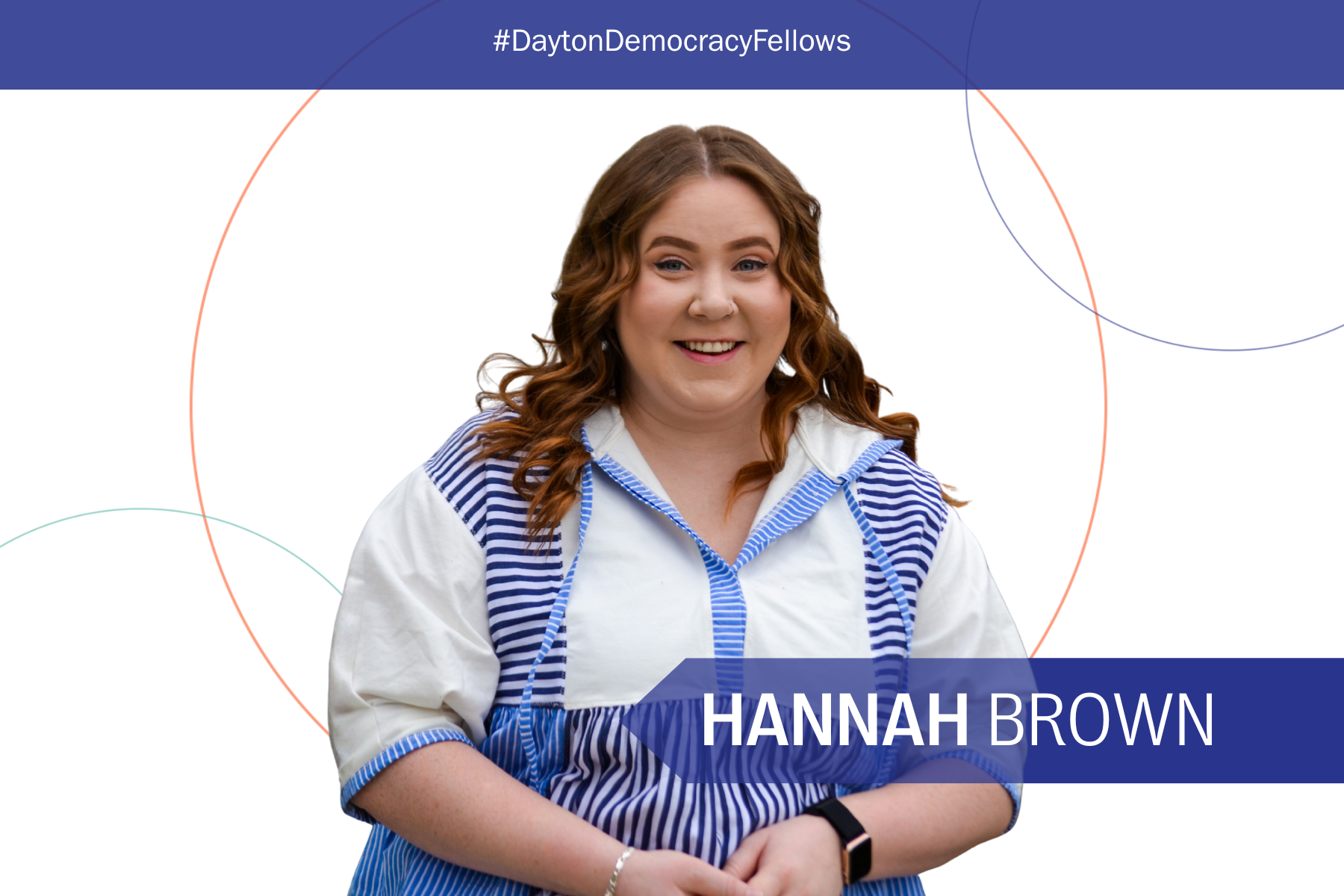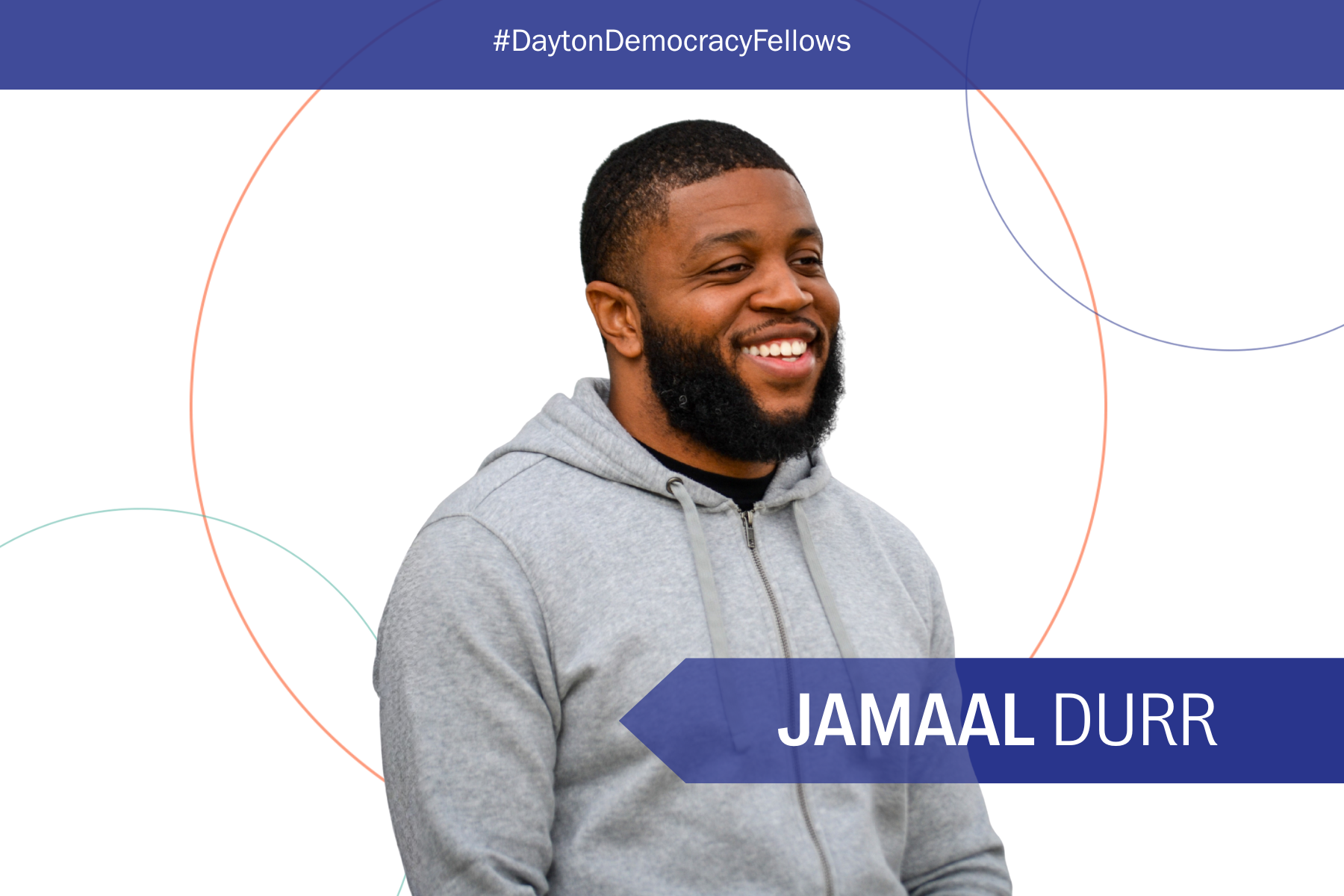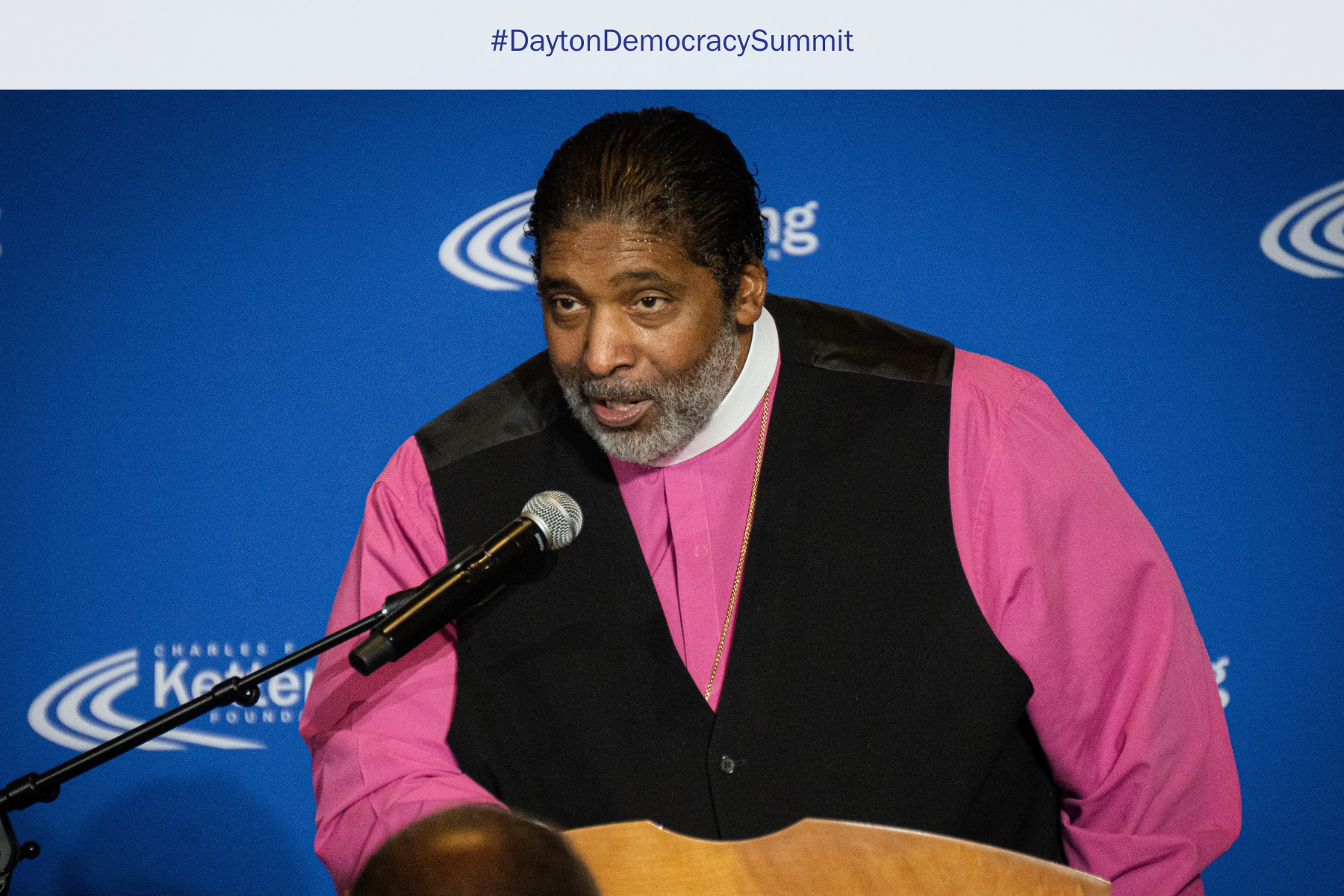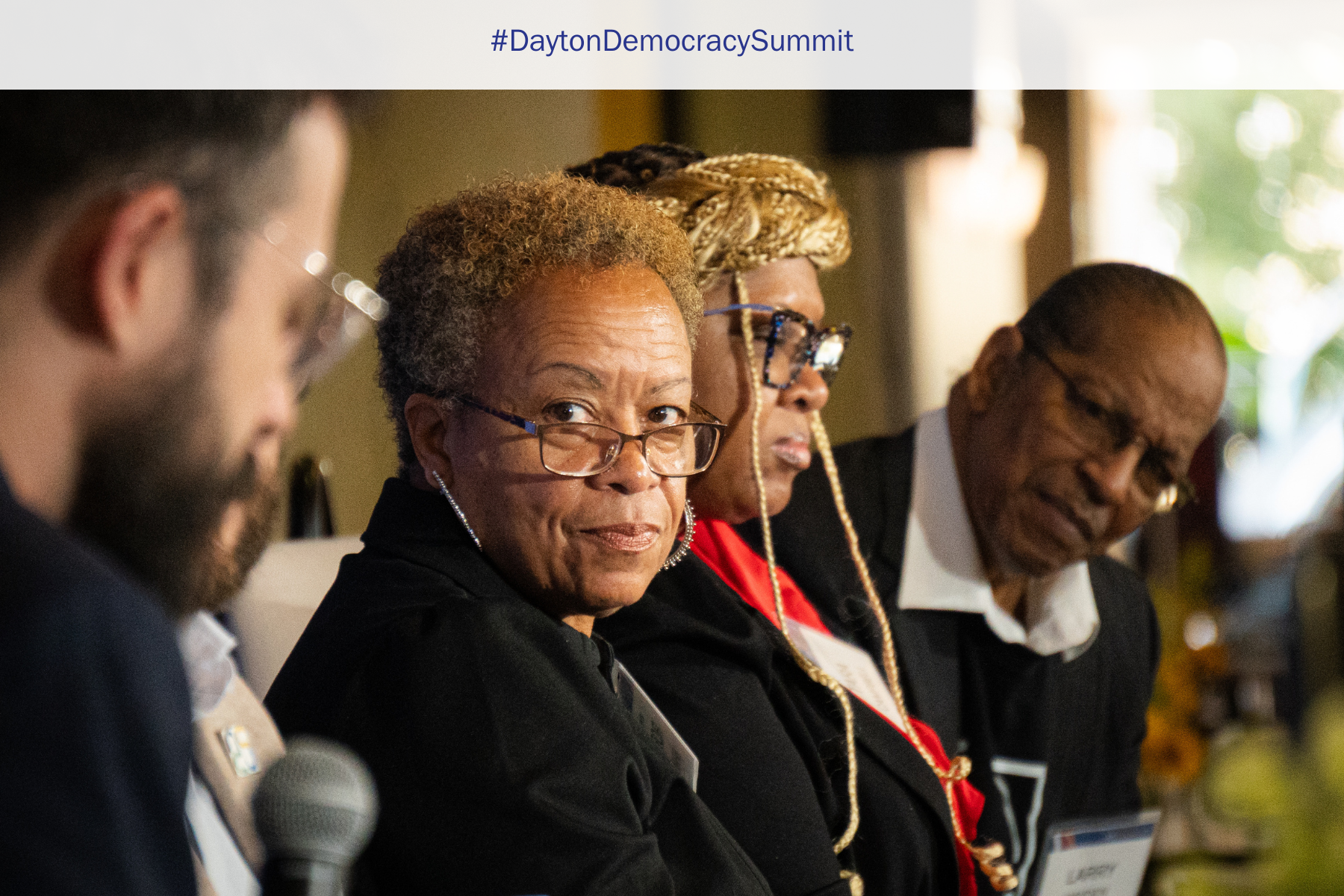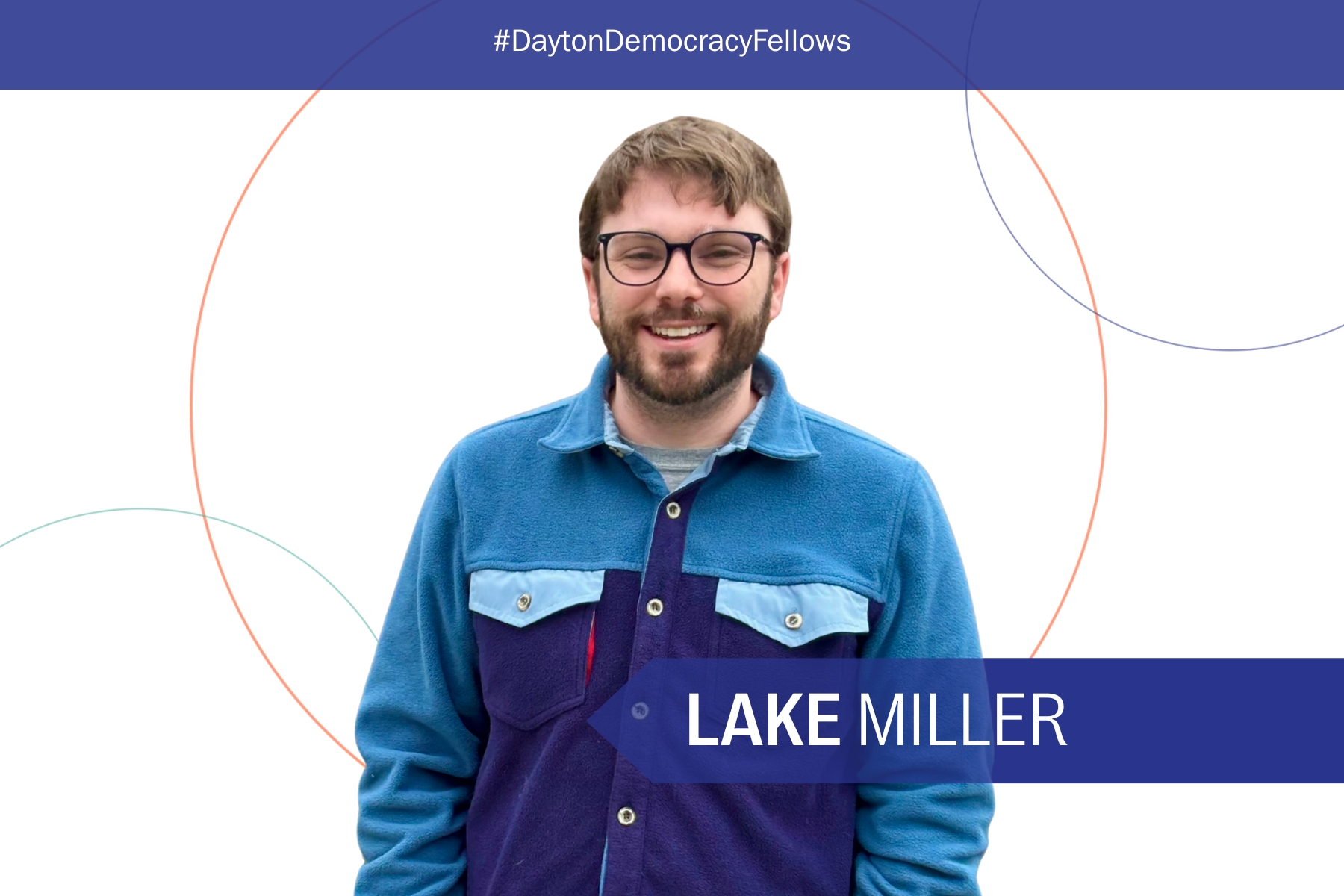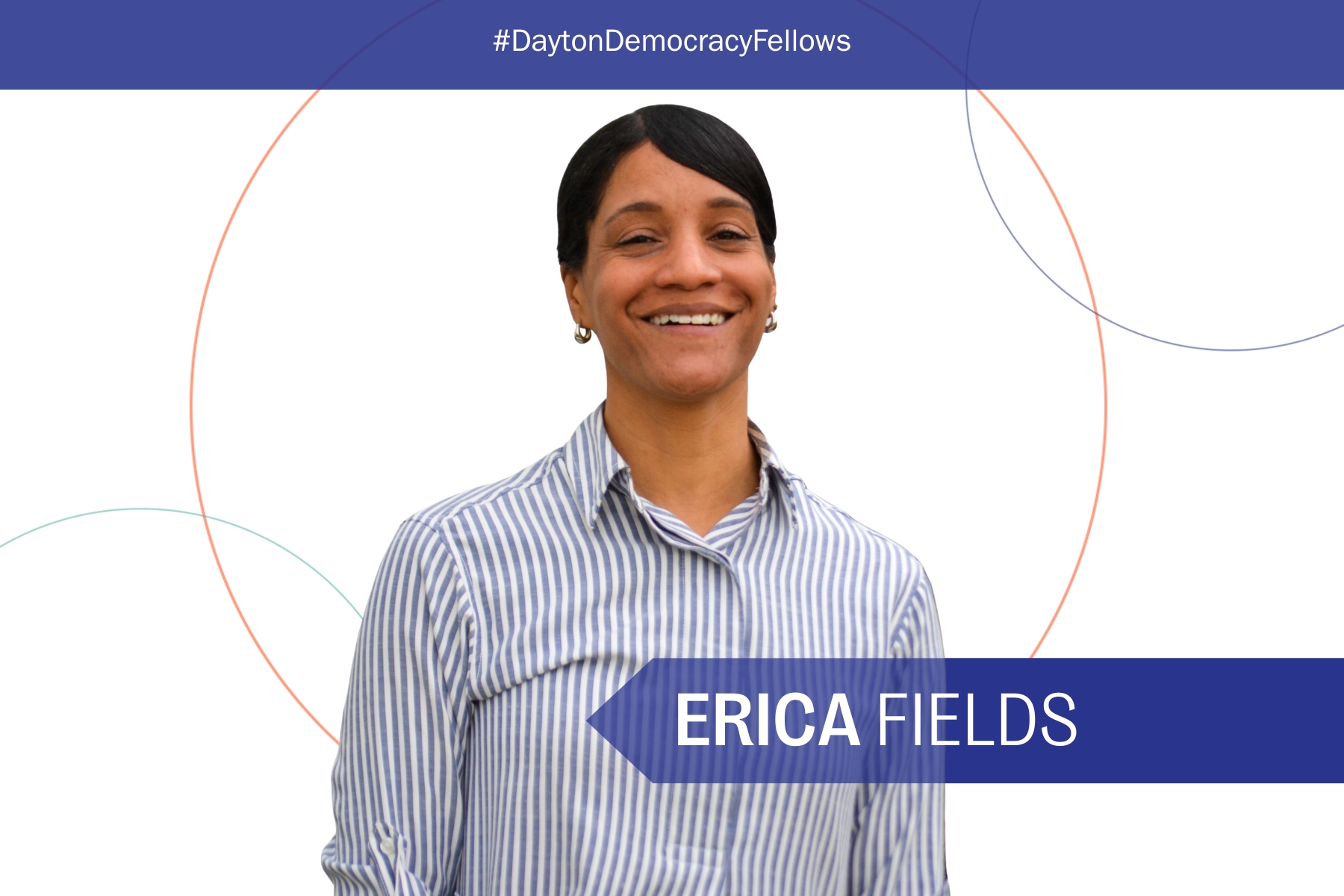Feeling Paralyzed, Helpless, or Hopeless? 10 Things Everyday People Can Do
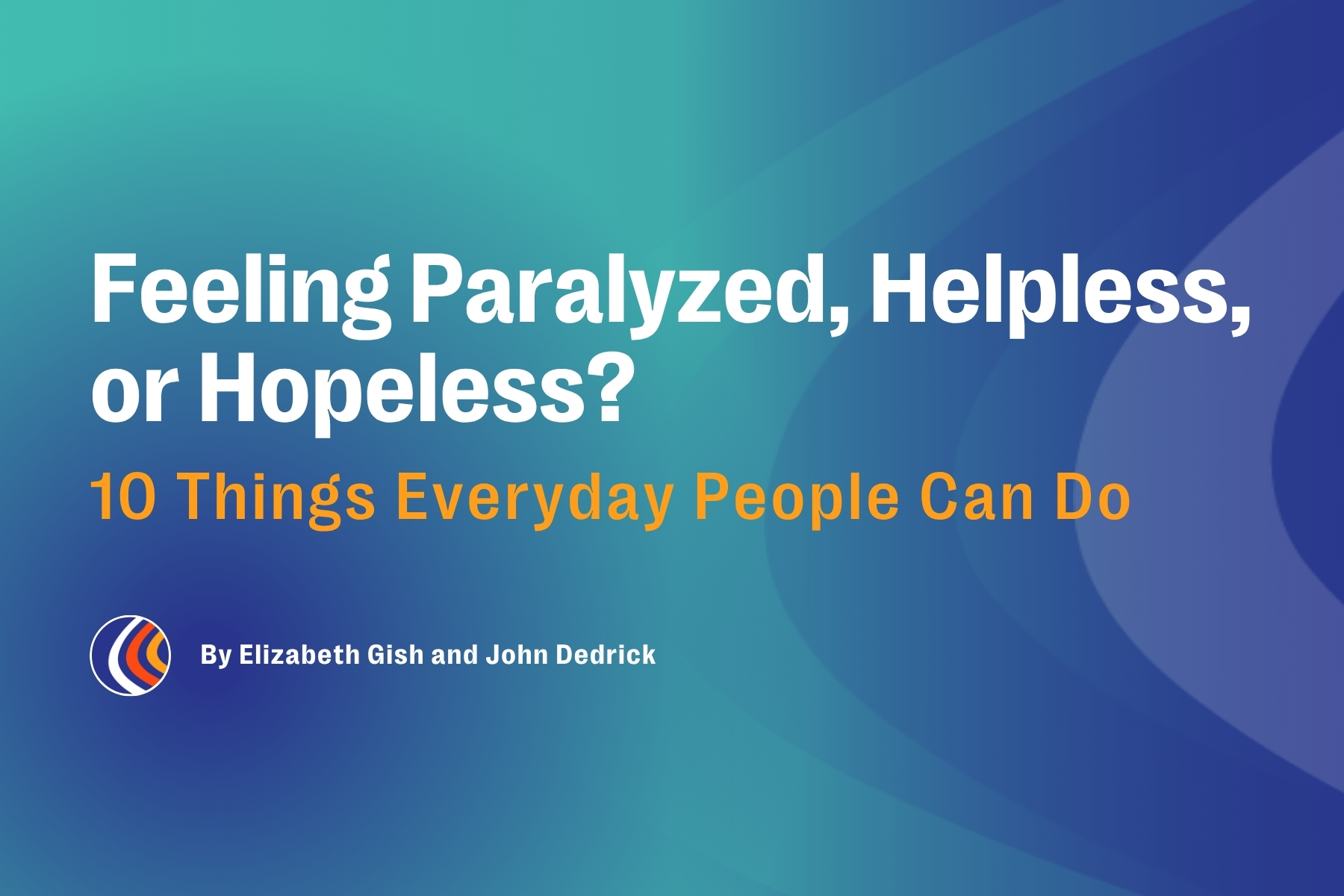
Are you feeling overwhelmed by everything happening in our world? Maybe you want to do something about what is happening but aren’t sure where to start or if you’re doing anything that will actually matter.
That is totally understandable! It is a lot. We hear lots of ideas about what we should be doing. Vote! Protest! Boycott! Call your congressperson! These are important. But there are many ways that everyday people can change the world, and sometimes having fresh ideas or a menu of options can help. That is where this list comes in.
This list is for those who hate politics, those who love politics, and everyone in between. It is for those who value freedom and self-determination. This is for those who also know we need each other and can’t figure this all out by ourselves. Whatever concerns you have about your life and our world, this is for you.
The great thing is that, in a world where it often feels like we have to pick a side, strengthening our communities, holding leaders accountable, and creating a fairer and safer world is for everyone.
The options on this list are not enough to fix all our problems or bring about a fair and democratic society. These ideas are starting points or on-ramps, especially for people who are finding it hard to know what to do or know where to start.
No big changes ever start as big changes. They always start with little things that actual people do. Here are a few ideas if you are wondering what can be done to get us closer to the fair, safe, and democratic world most of us want.
- Pick one thing to do three times in the next month that makes the world more like you think it should be. It can be small or big. Taking actual action in the world—not just clicking, talking, or thinking—is essential for things to be different than they are.
- Subscribe to a local newspaper. Supporting local journalists and having access to good information strengthens our communities and helps to keep those in power accountable to everyday people.
- Find a thing to join that tries to solve a problem with people that you meet in person. This can be the building repair committee at your church, the highway cleanup club, or the cat rescue group. Do an activity with this group at least once a month. Connecting with actual people doing actual things is an important part of how we learn, grow, and move toward the world we are hoping for.
- Take a break from righteousness. You can start with a day or a week. Steer clear of people, social media, groups, or other spaces where people are Very Sure and emotionally charged. Whenever you feel like venting or ranting about how bad or ridiculous others are, take a deep breath. Righteousness can feel good in the moment but can block our ability to understand and connect with others.
- Make a concerted effort to focus on good news and practice hope. This helps us to imagine what is possible. Those who would like to limit the power of everyday people benefit from the idea that change is not possible and that things are hopeless. Hope and good news can fuel our ability to engage, connect, and create change.
- Do two things for a mutual aid group. People in mutual aid groups support each other, especially when folks fall on hard times. Whether it is providing a ride to the doctor, bringing over a bag of groceries, or passing on the crutches you no longer use, mutual aid groups invite us to step outside our own experience and strengthen the communities where we live. (You can google “mutual aid” and the name of your community to find a starting place.)
- Focus on strengths. Make a list of what you can offer to our world, or the strengths of your community. Sometimes when things are difficult, we lose sight of all the good things we can build on.
- Let your brain rest for 10 minutes a day. This might be a quiet walk with no earbuds or phone. It might be sitting quietly in your car before you head inside to get dinner ready or having 10 minutes of prayer or meditation before you head off to work. Even though it feels minor, we can’t change much about ourselves or the world around us when we are overwhelmed and overstimulated.
- Be curious about others. Whether it is through your everyday interactions or inviting someone for a coffee, ask others about how they are and really listen. No advice giving, gossip, or turning the conversation back to you. Just be curious. How are they? What are they struggling with? How are they feeling? When they tell you, you can follow up with, “Oh, tell me more about that.” Learning about others’ experiences without judgment is one way to better understand our messy world, and to strengthen connections that can sustain resilient communities and movements for change.
- Attend a local meeting in person. This could be a school board meeting, the meeting of the local planning committee, or a support group that meets in the library’s community room. Often, we are stuck in our patterns of getting through our day, constantly checking our phones or seeing the same people we always see. Going to a local meeting where we meet others and seeing how they are trying to figure life out can interrupt our habits and patterns that lead us to feel stuck or helpless.
Bonus points: For any of the options above, invite a friend, family member, club, small group, or colleague to do one of these activities with you.
Elizabeth Gish is senior program officer for Democracy and Community at the Kettering Foundation. John Dedrick is executive vice president and chief operating officer at the Kettering Foundation.
This post is part of a series from our Democracy and Community focus area that shares practical ideas and inspiring stories about how everyday people can create healthy, fair, and democratic communities where everyone is safe and everyone belongs.
The views and opinions expressed by contributors to our digital communications are made independent of their affiliation with the Charles F. Kettering Foundation and without the foundation’s warranty of accuracy, authenticity, or completeness. Such statements do not reflect the views and opinions of the foundation which hereby disclaims liability to any party for direct, indirect, implied, punitive, special, incidental, or other consequential damages that may arise in connection with statements made by a contributor during their association with the foundation or independently.
